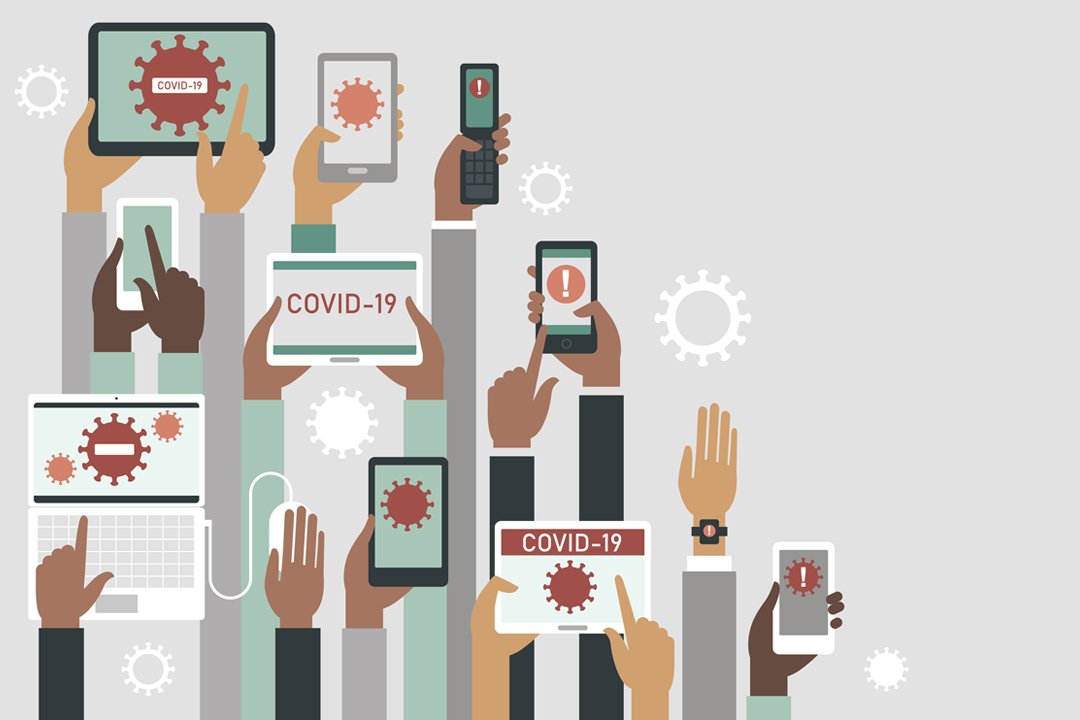In the midst of social distancing, remote learning, and court closures, GW Law students in the Jacob Burns Community Legal Clinics are helping to meet the legal needs of marginalized citizens, litigants, and underrepresented business owners impacted by the coronavirus crisis.
“Our students are rising to meet many of the legal challenges associated with the COVID-19 pandemic,” said Laurie S. Kohn, Interim Dean of the Jacob Burns Community Legal Clinics and Director of the Family Justice Litigation Clinic. “We will continue our efforts to provide vital legal services in the DC area and beyond while providing our students the valuable opportunity to develop and hone their lawyering skills.”
The Small Business and Community Economic Development Clinic created a guide to federal and DC area resources to aid front line neighborhood businesses and nonprofits shuttered by the pandemic. The Clinic is also working closely with community partners and the DC Bar Nonprofit & Small Business Legal Resource Center to determine the best ways to help businesses and nonprofits going forward.
The Prisoner and Reentry Clinic proposed the passage of two bills to the DC Council, advocating groundbreaking expansions to the compassionate release and good-time credits systems (two mechanisms for early release from incarceration). In April, the DC Council took up both proposals as part of the COVID-19 Omnibus Emergency Bill. DC Mayor Muriel Bowser signed both bills into law–a major victory for the Clinic and for criminal justice reform. Professor Jessica K. Steinberg, Director of the Clinic, and Clinic Fellow Maya Dimant are now working to create networks to enforce the laws, file cases, and build the capacity of a pro bono network to represent additional clients.
The Family Justice Litigation Clinic is helping to confront increasing incidents of domestic violence exacerbated by self-quarantining and isolation. Along with other area law school clinics, the Clinic has launched a domestic violence help line to assist pro se domestic violence victims file petitions remotely for restraining orders against abusive partners, family members, and roommates. Students staffing the phone line also support survivors in preparing for their hearings and in referring them for further advocacy and support in the community. In addition, students are working to analyze barriers to justice for domestic violence victims seeking legal protection during the COVID-19 shutdown and plan to propose emergency legislation or procedures to remove those barriers.


